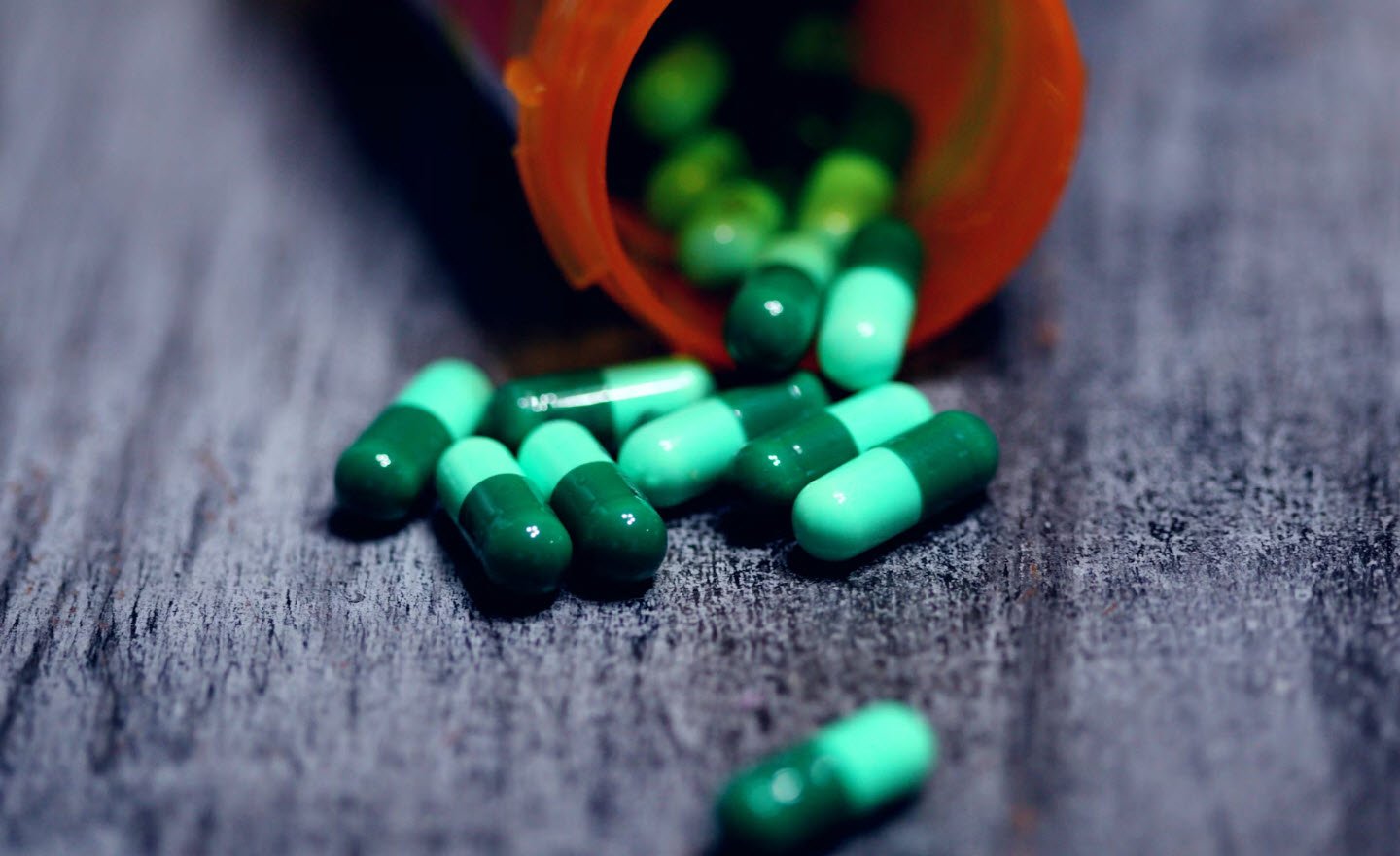
The “100 Questions and Answers About Depression” book is a comprehensive resource that aims to provide valuable insights and practical information about depression, its causes, symptoms, treatments, and coping strategies.
The second edition of the book builds upon the success of the first edition, incorporating updated research, clinical insights, and advancements in the understanding and treatment of depression. It reflects the evolving landscape of depression and provides readers with the most current and relevant information.
The book not only provides knowledge but also offers practical tips, self-help strategies, and additional resources such as helplines, support groups, and recommended reading materials. These resources aim to empower readers and support them in their journey to understanding and managing depression.
The book covers a diverse range of questions, including:
- What are emotions, and why do we have them?
- What is the difference between thoughts and feelings?
- How does the brain affect behavior and regulate emotional states?
- What is mental illness? What is a major mental illness?
- What is the DSM-IV-TR ?
- How do chemicals work in the brain?
- What is depression?
- What causes depression?
- What chemicals regulate emotions?
- What is the difference between psychiatry and psychology?
- What are the symptoms of depression?
- How is depression diagnosed?
- What are the different types of depression?
- Are any blood tests or other tests available for depression?
- How do I know whether I have depression versus a “normal” reaction to a problem in my life?
- I have a good job and a loving family. How can I feel depressed?
- Are there medical conditions that could be cause for my depression?
- Why did my doctor diagnose depression when I do not feel depressed?
- What is bipolar disorder?
- My husband is depressed and has mood swings. Is he a manic-depressive?
- I became irritable and agitated on my antidepressant. My doctor believes I have become “hypomanic.” What does that mean?
- I have been diagnosed with a mild depression. Does that mean a quicker recovery?
- I have been diagnosed with depression. What do I tell my family and friends?
- Who is qualified to diagnose and treat depression?
- What risk factors are associated with depression?
- Why are certain people more susceptible to depression?
- I have recently been diagnosed with depression. What are the risks that my children will inherit it?
- Is there a link between child abuse and depression?
- A family member has depression. Is there anything I can do to help?
- My father died 6 months ago. Since then my mother refuses to leave the house, stating that she is still in mourning. What should I do?
- My mother has been drinking wine daily since my father died. Could she be depressed?
- I have been treated for depression in the past. Can I prevent an episode in the future?
- My mother is depressed but refuses to see anyone. What can I do?
- My spouse is returning from active duty overseas. What is the risk for depression?
- What are the different types of treatment for depression?
- Does the type of depression I have determine the type of treatment I need?
- What are the different types of talk therapies, and what do they do?
- How do I choose a therapist and a therapy approach?
- What is cognitive–behavioral therapy?
- Are there any risks from engaging in psychotherapy?
- How does psychotherapy work if depression is due to a chemical imbalance?
- What are the different types of medication used to treat depression? How does my doctor choose a medicine?
- What are the side effects of medication for depression?
- Will I become addicted to the medication?
- Will I gain weight from the medication?
- How long will I have to stay on medication?
- Is medication or therapy more effective for depression?
- Are there any natural remedies for depression?
- Will diet or exercise help with my mood?
- My antidepressant is not helping. What happens next?
- My doctor thinks I should have electroconvulsive therapy. I thought that was no longer used. What is it and what does it do?
- I understand there are newer brain therapies approved for the treatment of depression other than ECT. What are they and should I consider them if I’m not getting better?
- Will the medication turn me into a zombie or make me look medicated?
- My medication is helping, but I have sexual side effects. What can I do?
- My doctor recommends medication for my depression. Should I wait to see whether my depression will go away without treatment?
- Can I take other medicines while I am on an antidepressant?
- My internist is prescribing an antidepressant. How do I know whether I should see a specialist? Should I see a psychopharmacologist?
- Why do I need a mood stabilizer with my antidepressant if I am depressed but not manic?
- I have been prescribed an “off-label” medication. Does that mean that it is experimental?
- When is hospitalization necessary? What does it offer?
- Can I drink wine with my antidepressant?
- Are there long-term dangers to taking medication?
- There has been a lot of press lately about antidepressants causing people to become suicidal or violent. What are the facts?
- Why did my doctor prescribe an antipsychotic for me when I am just depressed?
- How does generic medication differ from trade name medications?
- Are antidepressants prescribed for reasons other than depression?
- I have been diagnosed with depression and anxiety. How is the combination of conditions treated?
- My husband is drinking a lot of alcohol lately. My friend believes he might be self-medicating. What does that mean?
- Why is my doctor telling me I need treatment for my addiction when I thought treating the depression would solve my problem?
- How are alcoholism and depression connected?
- I have not been able to sleep well or concentrate at work since being mugged 3 months ago. Could I be depressed?
- Since returning from active duty overseas, my husband is having nightmares, is afraid to go out, and is quieter than his usual self. Is this posttraumatic stress? Will it go away?
- I am not getting any better despite numerous medication trials. My doctor says I have a personality disorder that medication will not treat and recommends more intensive therapy. What does she mean by that?
- Do children get depressed?
- The guidance counselor at school believes our teenage daughter is depressed. She spends a lot of time in her room. Is this normal teen behavior?
- What are the risks for suicide in children and adolescents?
- What is the treatment approach for children and adolescents?
- What are the risks of treating my teenager with an antidepressant?
- Our child has been medically ill. She is having behavioral problems at school and home and is angry all the time. What can we do?
- Why is depression more common in women?
- What are the postpartum blues? Does that mean that I am depressed or will become depressed?
- I have been diagnosed with postpartum depression. Is my baby at risk?
- I am pregnant and feeling very depressed. Can I take medication?
- Can I take an antidepressant while I am nursing?
- After a heart attack 6 months ago, my father has been minimally interested in former activities and is afraid to go anywhere alone. Is this normal?
- My mother has memory problems. Her doctor diagnosed pseudodementia and prescribed an antidepressant. Is she at risk for Alzheimer’s disease ?
- My mother is in a nursing home and has stopped eating. Her doctor believes she is depressed. She never had a mental disorder before. Is this possible?
- I have low thyroid and take medication. I have been depressed as well. Will my depression get better on the thyroid treatment?
- What are my rights to refuse hospitalization?
- What are my rights to refuse medication and other treatments?
- What are my rights to privacy?
- Is it necessary to involve my family in my treatment?
- Should I worry about my employer finding out about my treatment?
- Will I get depressed again after I have recovered?
- What can I do if I have failed several forms of medication and therapy?
- What is the risk of suicide when someone is diagnosed with depression?
- A family member committed suicide. Did I miss something?
- My psychiatrist tells me he has a “duty to warn” if I become threatening. What does that mean?
- What is NAMI? How can they help?
- Where can I find more information on depression?
The book adopts a question-and-answer format, making it easy for readers to navigate and find relevant information. Each question is answered in a concise and informative manner, ensuring clarity and accessibility.
You may also like:- Can You Take Calcium and Vitamin D Supplements Together? Read Here
- Taking Control Of Your Hormonal Health: What To Expect From An HRT Clinic
- Strategies for Making Physical Activities Accessible for Children with Special Needs
- ICMR’s Advisory on Tea and Coffee Consumption
- 10 Healthy Tips for World Health Day 2024
- Headache Danger Signals – A Comprehensive Guide
- Commonly Used Drug Dosages for Pain
- Key Responsibilities and Duties of a Doctor
- Personalized Support For Every Family: The Specialized Training Of Lactation Consultants
- Why Does A Person Sleepwalk At Night?









